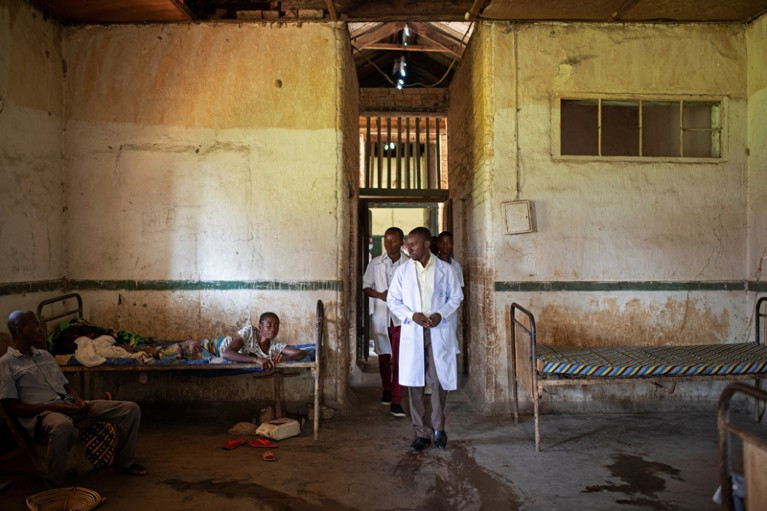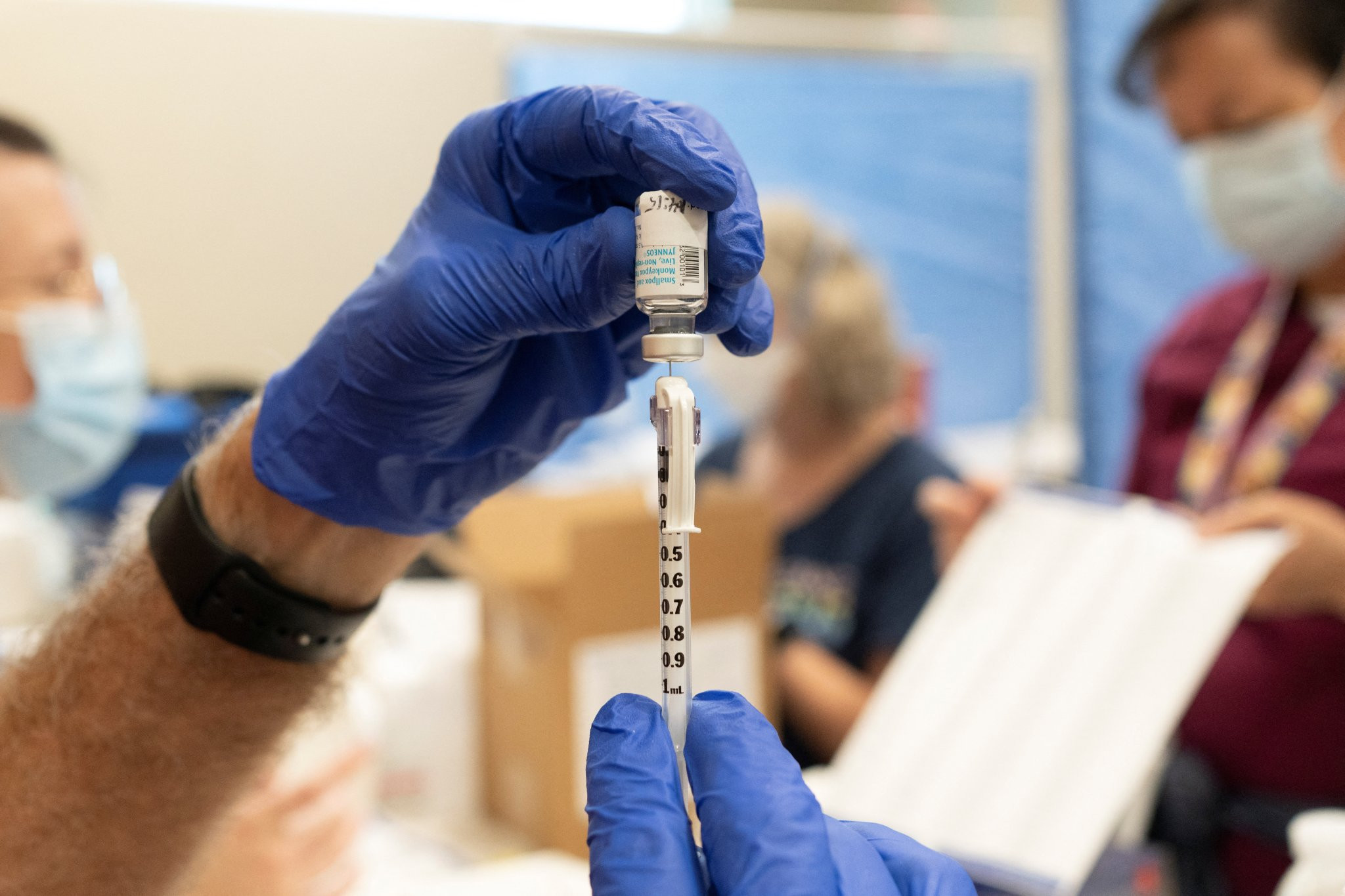The head of the Africa Centres for Disease Control and Prevention (CDC) has said the agency is likely to declare a continental public health emergency over the growing mpox outbreak. The Africa CDC’s director general, Dr Jean Kaseya, said on Thursday that because of the increase in mpox cases and its continued spread across borders, he had resolved to start “active engagement” with African Union member states to prevent the outbreak from becoming “another pandemic”.
The decision follows a surge in mpox cases across Africa in 2024, matching 2023’s total in just six months. Since January 2022, over 38,000 cases and 1,456 deaths have been reported. This year, 10 African Union states have recorded more than 14,000 cases and 450 deaths, with 2,750 confirmed — 160% higher than the same period in 2023.
Recent outbreaks in Ivory Coast, Kenya and Uganda highlight the virus’s expanding reach. Mpox infections in Burundi, Kenya, Rwanda and Uganda are the first on record in these countries.
A Deadlier Strain Emerges
A new variant of the mpox virus, known as clade 1b, is fueling the outbreak in eastern Democratic Republic of Congo (DRC) that has spread to neighboring countries. The DRC, where mpox was first detected in 1970 and remains endemic, bears the brunt of this outbreak, accounting for more than 96% of both cases and deaths.
A Collaborative Approach
“We are committed to mobilising resources and providing technical assistance to affected countries to control the outbreak,” said Kaseya. “This declaration will increase coordination between Africa CDC and member states,” Kaseya said, adding it would accelerate research and development of diagnostics and vaccines. The declaration is expected to boost African production of diagnostic tools and ease import restrictions on medical supplies.
Kaseya’s announcement came a day after the World Health Organization director-general, Tedros Adhanom Ghebreyesus, said he would convene an emergency committee to determine whether the spread of mpox on the continent should be declared a global emergency. The process of declaring a continental public health emergency entails technical and strategic consultation between the Africa CDC, which is an agency of the 55-member African Union, and affected member states. An extraordinary summit for heads of state follows to discuss a response.
A Global Response Needed
The move coincides with the World Health Organization considering a similar global declaration. WHO Director-General Tedros Adhanom Ghebreyesus said Wednesday an emergency committee would be convened “as soon as possible” to advise on whether the outbreak represents a public health emergency of international concern. “In light of the spread of mpox outside DRC and the potential for further international spread within and outside Africa, I have decided to convene an emergency committee under the International Health Regulations,” Tedros said at a press briefing in Geneva.
Looking Forward
The WHO has begun the Emergency Use Listing process for both approved mpox vaccines, aiming to expedite access for lower-income countries that have not granted their own approval. Two countries in the region, Nigeria and the DRC, have approved mpox vaccines for emergency use. The CDC advises anyone who has traveled to the DRC or its neighboring countries in the past 21 days and who has developed an unexplained rash to seek medical care immediately and avoid contact with others. Stopping transmission will require a comprehensive and international response, Tedros said. WHO has developed a regional response plan requiring $15 million and has released $1 million from the WHO Contingency Fund for Emergencies to support of the response, he said. The organization has also called for international support and cooperation to quell the outbreak.
“It was frankly amazing that even in the large-scale outbreak we had around the world, there was no funding made available for the control of that at international level,” said Dr. Michael Ryan, executive director of WHO’s Health Emergencies Program. “We’re having to, once again, dip into the contingency fund for emergencies to begin the process. It’s very important that we have a better understanding of this virus. It’s a virus that can be contained. It can be contained quite straightforwardly, if we do the right things at the right time.”
Mpox is a viral disease that causes painful rashes and flu-like symptoms such as fever, headaches and body aches. The virus that causes it comes from the same family as that of smallpox. It spreads from person to person and from animals to people through direct contact. In May, scientists reported a new strain of the virus in the DRC that they said was more virulent and might spread more easily. First recorded in a human in 1970 in what is now the DRC, mpox was declared a global emergency in 2022 when it spread to more than 70 countries.
While countries in the west have controlled the spread of the disease through vaccines, Kaseya cited their shortage in Africa as a major challenge in controlling its spread on the continent, saying there were only 200,000 doses available compared with a demand of at least 10m. He said Africa CDC was working with international partners to secure more vaccines. Last week, the AU made an emergency approval of $10.4m (£8.2m) to Africa CDC to support efforts to combat the mpox outbreak.
This is a developing story.


















